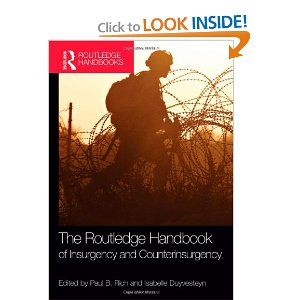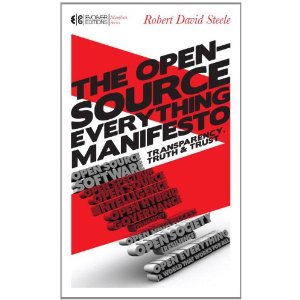
Jospeh P. Farrell
5.0 out of 5 stars This is an Information Operations / Counterintelligence Hidden Gem, December 23, 2012
The cover does this book a dis-service. This is a SERIOUS book that should be used in serious courses of instruction for both Information Operations (IO) and Counterintelligence (CI). The book lacks an index, a terrible mistake on the part of the publisher, but I have to say the notes are world-class and this book earns my intuitive respect quickly.
This book is a bit rough but I put it at a solid five stars and even considered six (my top ten percent across 1800+ books) because this book does something extraordinary:
01 It makes the case for UFOs being a terrestial Information Operations (IO) Psychological Operation (PSYOP — never plural).
02 It connects US underground tunnel civilization (a possible explanation for the Pentagon's missing 2.3 trillion) and advanced technologies including “Nazi physics” versus “Jewish physics”
03 It connects the Rockefeller-Morgan Nazi-philes, Latin America, Switzerland, the Bank of International Settlements, and the drug cartels — in other words, this is also an excellent reading for Counterintelligence (CI).
I draw two major insights from this book:







